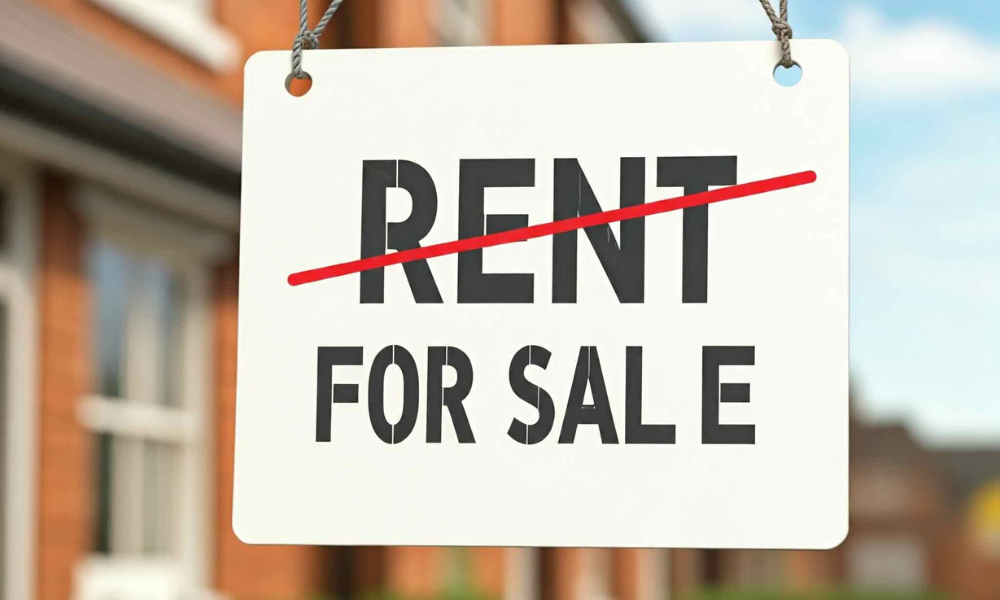New report shows split between short- and long-term landlords, affecting rental supply and stability

While a significant share of rental properties are held for decades, new research from the Australian Housing and Urban Research Institute (AHURI) shows that many are owned only briefly, revealing contrasting approaches among Australia’s private landlords.
According to the study, conducted by experts from Curtin University and the University of South Australia on behalf of AHURI, half of all rental properties are sold within two years, while 28% of landlords maintain ownership for over 20 years. The findings point to two clear groups in the market — short-term investors and long-term holders.
The report, titled Modelling landlord behaviour and its impact on rental affordability: Insights across two decades, examines the factors influencing how and why small-scale landlords choose to acquire, retain, or offload their investment properties.
Ranjodh Singh, lead author of the study from Curtin University, said the data shows that landlords with the resources to hold properties for longer periods help strengthen the long-term rental housing supply.
“However, landlords who are ill-positioned to retain their rental investments for long can disrupt the supply of private rental housing, with potentially negative impacts on tenant affordability and security,” Singh said.
The research suggests that landlords with long-term holdings tend to be financially better off than the broader population. Typically, they are in their late 40s or 50s, married, employed full-time, and more likely to already own their homes.
In contrast, individuals aged 25 to 34 are increasingly entering the rental property market but often do not hold their investments for long.
“The evidence suggests that either they are more willing than older groups to cycle in and out of rental property investment or that they are more susceptible to becoming financially stretched and are forced to sell,” Singh said.
The study also found that landlords often sell due to significant life changes or financial strain. Those more likely to exit the market include people who are separated, unemployed, living on lower incomes, or carrying mortgages on their own homes. A lack of post-secondary education also correlated with a greater likelihood of selling.
The researchers argue that targeted education for new and prospective landlords — particularly those without formal qualifications — could help reduce early exits and improve rental supply stability.
They also stressed the importance of thorough financial assessments by lenders to ensure borrowers are capable of maintaining rental investments over time.
Want to be regularly updated with mortgage news and features? Get exclusive interviews, breaking news, and industry events in your inbox – subscribe to our FREE daily newsletter. You can also follow us on Facebook, X (formerly Twitter), and LinkedIn.



